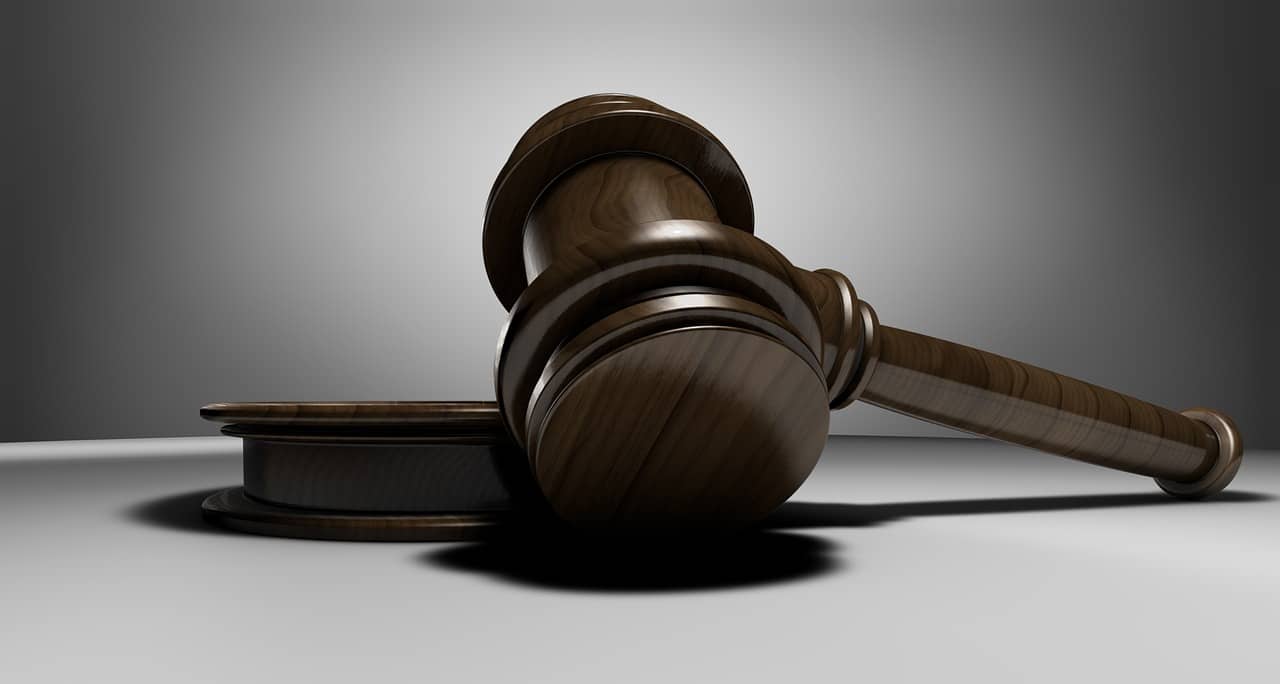
A court is a place assigned to judges to issue sentences and administer justice.
The court is the place designated for judges to administer justice and hand down sentences . The term, which comes from the Latin tribunal , also allows us to name the group of judges and ministers who exercise justice . For example: "The accused will testify in court tomorrow" , "Scandal in court: the victim's relatives insult and beat the judge" , "I am going to appear in court to clear up all this misunderstanding" .
The notion of court can be associated with terms such as court or tribunal . These are public bodies that resolve disputes with res judicata effectiveness under their jurisdiction.
Types of courts
There are different types of courts. In single-person courts, resolutions are issued by only one judge , while collegiate courts base their decisions on a plurality of judges.
Another classification of courts distinguishes between ordinary courts (which respond to matters under their jurisdiction, regardless of their actors or nature), arbitral courts (their judges are not public officials) and special courts (which are established by the Constitution to the resolution of certain matters or the trial of certain people).

The group of ministers and judges who exercise justice is called a court.
Other classes
In addition to all of them, we would have to highlight this other set of courts that are also very important at the national and international level:
- Court of Accounts . As its name indicates, it is the one in charge of controlling what would be the accounting of a given nation. It does this by carrying out the investigation and examination of the accounts of each and every one of the departments and institutions of the specific State .
- Constitutional Court . In the case of Spain , we can establish that it is the most important of those that exist taking into account that it is responsible for ensuring absolute compliance with the primary legal norm : the Constitution. It is made up of a total of twelve members, ten elected by the political power and two by the General Council of the Judiciary , and is based on values such as freedom, equality and political pluralism.
- Court of Honor . There are several sectors that have an organization like this, a clear example being the military field. The function that it has is to judge what the attitudes and behaviors of the members of the aforementioned field are that do not constitute a crime but are considered a clear example of dishonor.
- European Court of Human Rights . The French city of Strasbourg is where this court is located, in charge of ensuring the guarantees of fundamental freedoms and human rights of all people in the old continent. It was founded in 1953 but was renovated in the late 1990s.
Courts according to their jurisdiction and hierarchy
According to the scope of jurisdiction established by the legislation, we can speak of courts of common jurisdiction and courts of special jurisdiction . According to the hierarchy , on the other hand, it is possible to differentiate between the lower courts (located at the lowest level of the judicial pyramid) and the higher courts (or magistrates ).
The investigative courts are those that intervene in the preparatory proceedings for the trial, while the sentencing court is in charge of issuing the sentence.
